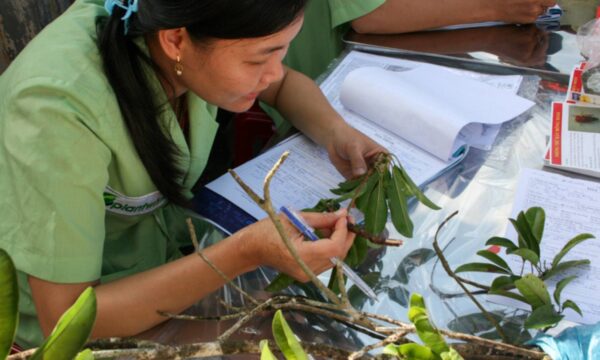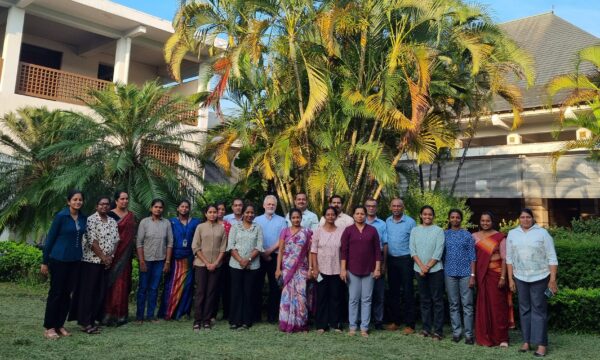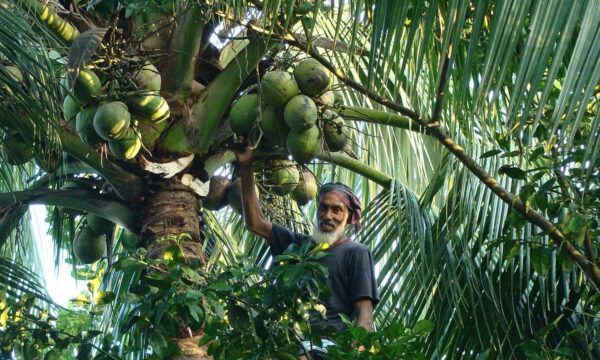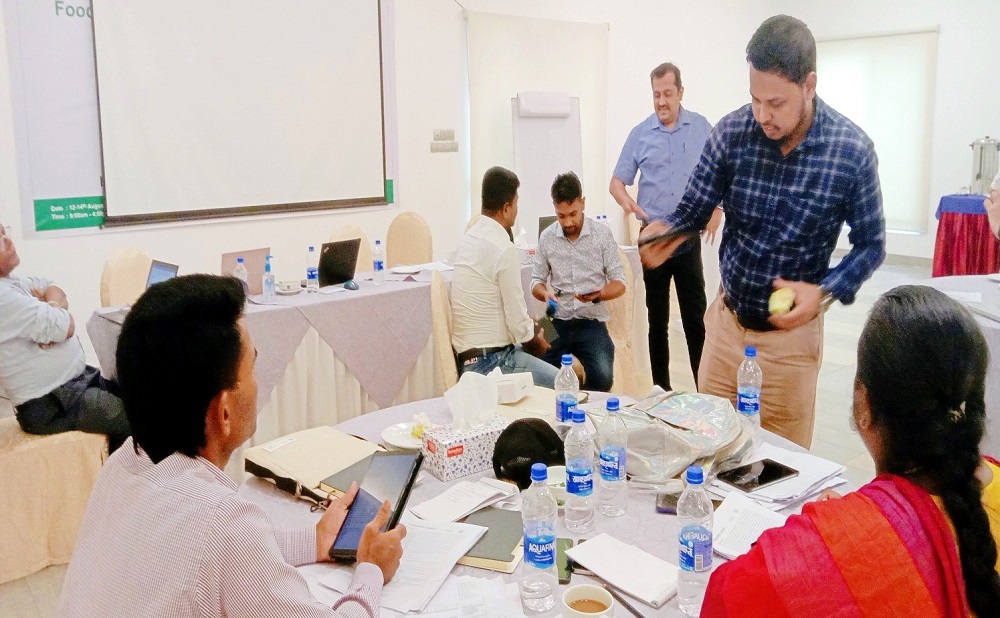
CABI, as part of its work under the global PlantwisePlus programme, has joined forces with a range of partners to deliver a consumer food safety workshop ahead of a survey to assess food safety practices in Bangladesh.
CABI joined colleagues, from the Department of Agriculture and Extension (DAE), Plant Quarantine Wing (PQW), Bangladesh Food Safety Authority (BFSA) and Development Technical Consultants Pvt. Ltd. (DTCL), for the two-day event.
Fifteen enumerators were trained on how to survey consumers, farmers and traders in eight provinces, 11 districts and 15 Upazillas regarding issues of food safety that have been preventing Bangladesh from competing in international markets.
Deficiencies along the food value chain
Around the world, many countries have been experiencing food safety issues. These include deficiencies in Sanitary and Phytosanitary Standards (SPS) along the food value chain such as the spread of potentially devastating crop pests and diseases.
Indeed, issues around food safety in Asian countries – Bangladesh included – have been associated with sustainable agriculture production, economic growth, food security, the health of producers and many more.
Bangladesh has been encountering food safety issues particularly in fruits, vegetable and fish consumptions.
Accordingly, food safety literature has identified food safety concerns that are also associated with the application of chemical pesticides, insecticides and contaminated water.
Aims of the workshop
There were four aims of the consumer food safety workshop.
The first was to emphasize food safety issues in Bangladesh and globally as well as the importance of tackling these at the farm level.
The second included training the enumerators to understand the structured questionnaire design which included a choice experiment section for a particular fruit.
In addition, the enumerators were advised on how to give scientific explanations for all of the questions in the survey.
Thirdly, the workshop provided the enumerators with tablets and Open Data Kit software to gather the data.
Finally, the workshop engaged enumerators in group discussions and activities for building teamwork, understanding the questionnaire and food safety knowledge on food type, chemicals application and others.

Data collection
CABI assisted the enumerator group to conduct pre-testing at Mitka village under the Savar Upazila and monitored the data collection process at Tetuljhor and Shamphur villages and later on at Dakshin, Dharmashur, Kolatia and Bounakandi villages in Keraniganj.
The enumerator group will be interviewing 800 consumers, 500 farmers and 200 traders before the end of September. The research findings will then be shared with DAE, BFSA and other higher officials in Bangladesh to help improve food safety practices in the country.
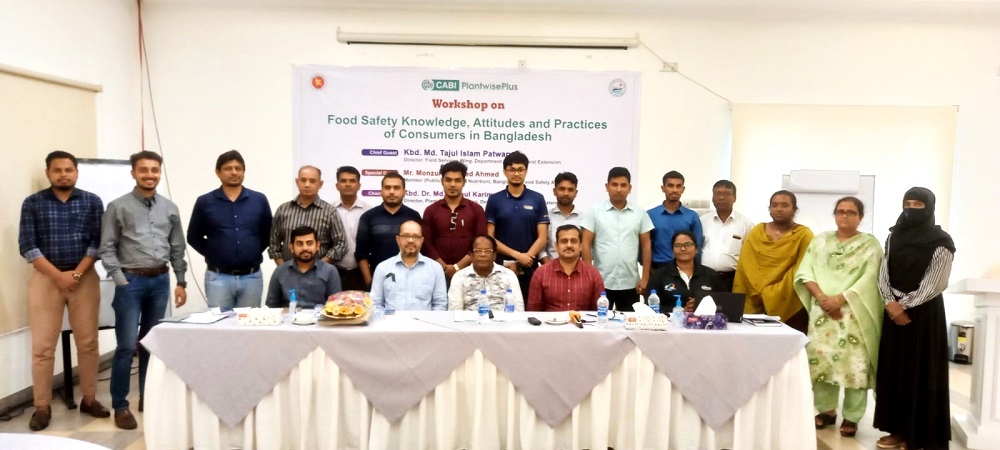
Support for the workshop came from CABI staff from its centres in Kenya, Switzerland, Malaysia, India and Pakistan. They included Frances Williams, Director of Social Services, Dr Justice Tambo, Senior Socio-Economist, Dr Monica Kansiime, Deputy Director, Development and Outreach, Africa, Saleh Ahmed, CABI Associate, Bangladesh and Shah Faisal, Monitoring and Evaluation Officer, Pakistan.
Additional information
Main image: Group activities to deliver consumer survey on food safety in Bangladesh.
Authors
Jayanthi R Alaganthiran – Agricultural Economist, Malaysia.
Ganeshamoorthy Rajendran – Crop Health Advisor, India.
Related News & Blogs
Post-registration pesticide reviews: Experiences, learnings and best practices
CABI’s PlantwisePlus programme recently hosted a webinar to raise awareness and potential solutions to the challenges around post-registration pesticide reviews – a vital stage in the review process that helps ensure compliance with safety regulations…
9 July 2025

